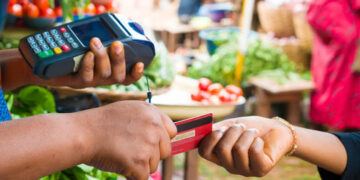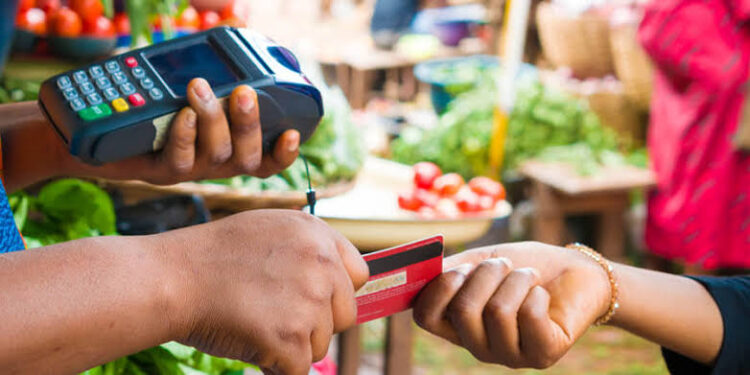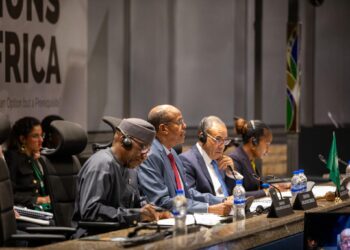By Emmanuel Nduka
Nigeria’s journey towards a cashless economy is gaining significant traction, with electronic payments reaching an all-time high of N295.5 trillion ($193 billion) in the first quarter of 2025, marking a 24.4% increase compared to the same period in 2024.
Data from the Nigeria Interbank Settlement System (NIBSS) shows that Nigerians conducted over 2.2 billion digital transactions in Q1 alone. Of this figure, instant payments (NIP) accounted for N285 trillion ($186 billion), while point-of-sale (PoS) transactions totaled N10.52 trillion ($6.8 billion).
Behind these numbers is a growing transformation driven by fintech innovation across Nigeria. From mobile money and agency banking to low-data financial apps, technology is expanding access to financial services and integrating millions into the formal economy.
The NIBSS Instant Payment (NIP) platform, which has supported Nigeria’s cashless drive since 2011, remains the core infrastructure processing transactions across mobile apps, PoS terminals, and internet banking. In January 2025 alone, NIP transactions peaked at $65 billion, dipped slightly to $57 billion in February, and rebounded to $62 billion in March.
Regionally, Nigeria’s adoption of digital payments is accelerating, though countries like Kenya and South Africa still lead in mobile money penetration.
According to Statista, 75.8% of Kenya’s population used digital payments in 2024, largely driven by the popularity of platforms like M-Pesa. South Africa followed with 70.5% adoption.
A report by Genesis Analytics, commissioned by Mastercard, projects Africa’s digital payments sector to hit $1.5 trillion by 2030, signaling vast potential across the continent.
As Nigeria’s fintech landscape continues to scale rapidly, questions remain around whether infrastructure and regulation can keep pace. Still, the growth presents a major opportunity to deepen financial inclusion and integrate informal markets into a broader, more resilient digital economy.




































